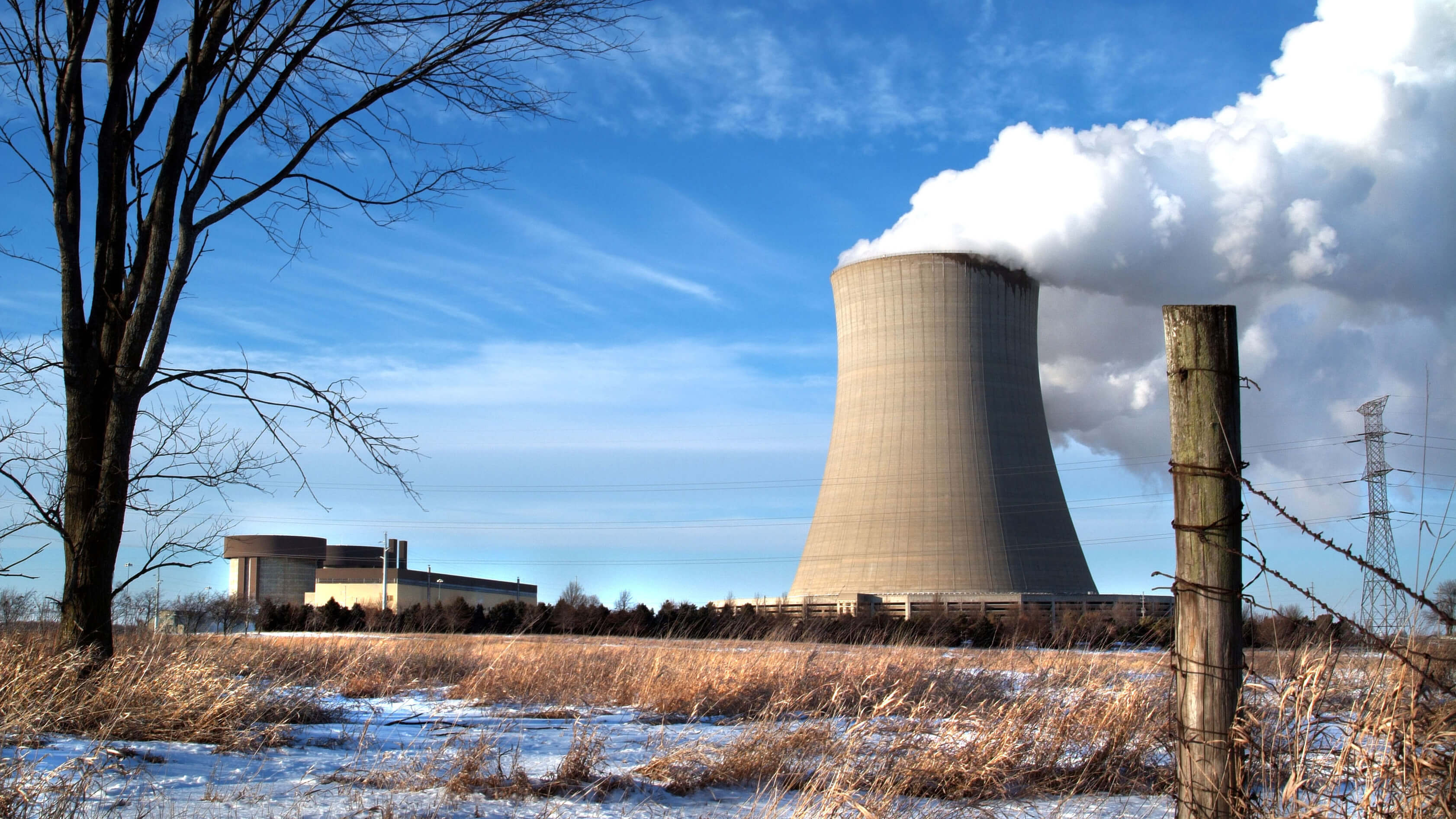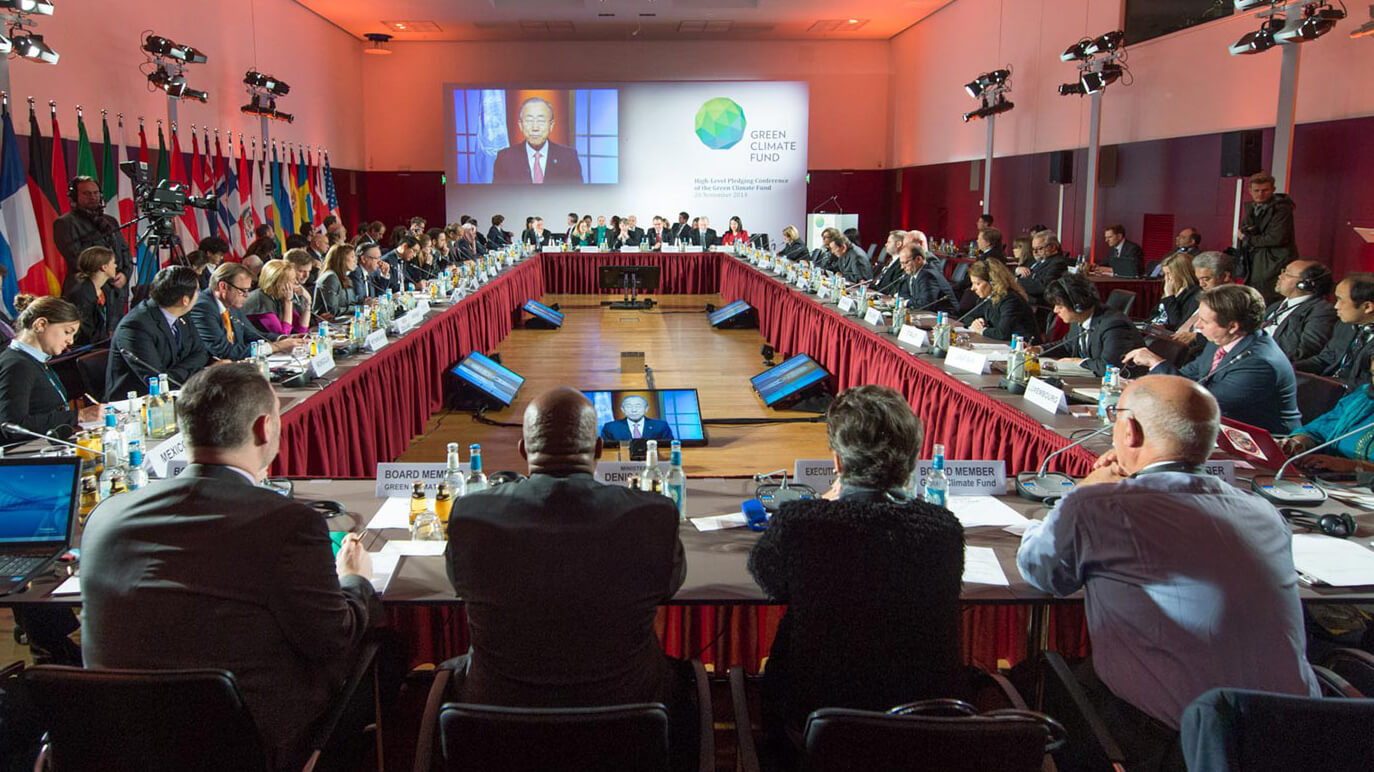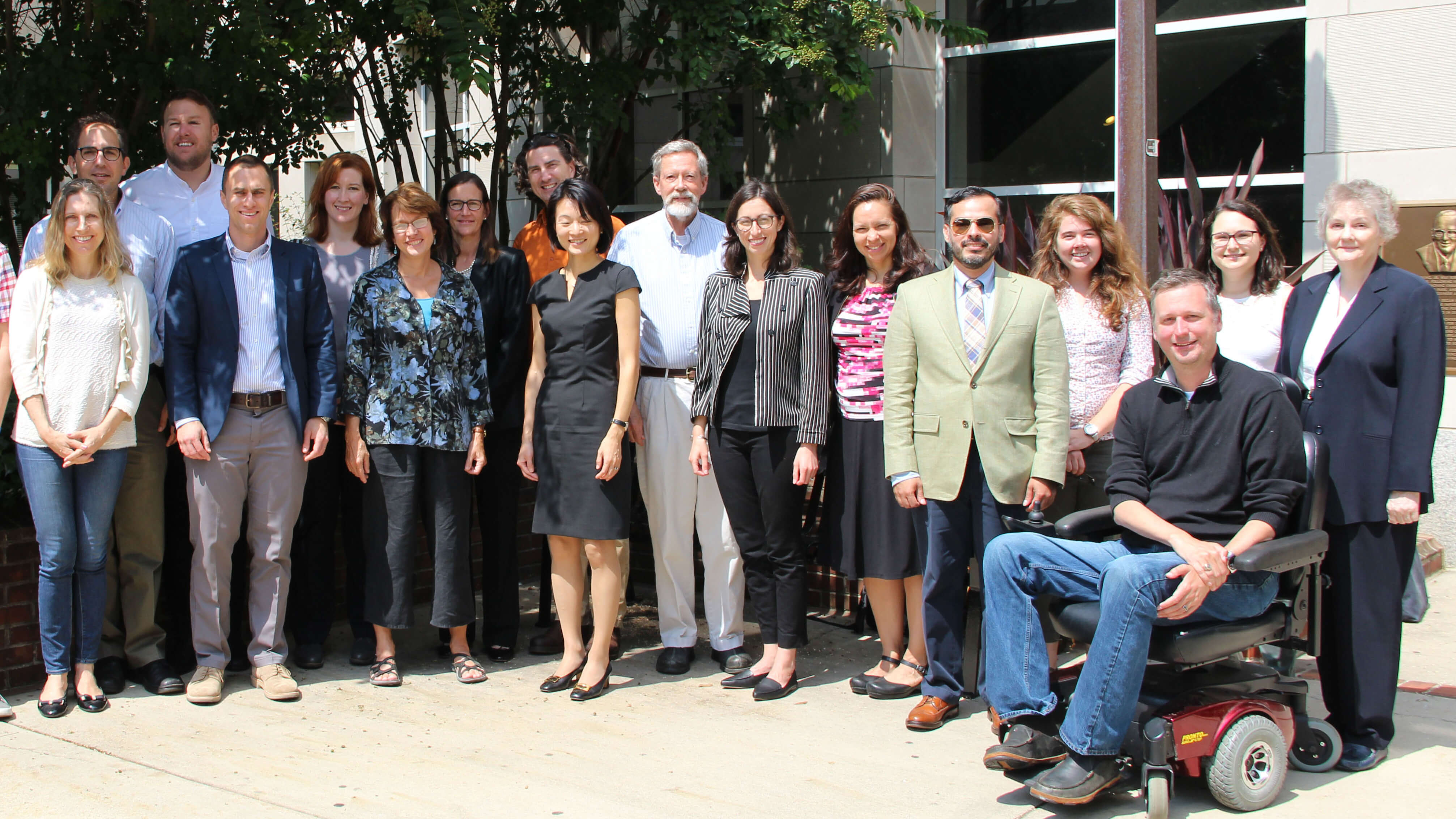Amy J. Nelson was formerly a research associate with CISSM.
- Emerging technologies; arms control & nonproliferation; international negotiation; transatlantic relations; EU security & defense

Achieving nuclear security requires fundamental changes in international relationships, the reduction of risks associated with nuclear weapons programs, and new systems to manage and secure civilian nuclear materials and facilities.
Learn More about Nuclear Past, Present and Future
How do multi-stakeholder governance initiatives form? What drives or impedes cross-sector cooperation? And when are multi-stakeholder approaches most effective?
Learn More about Exploring Multi-Stakeholder GovernanceSchool Authors: Amy J. Nelson
Other Authors: Amy J. Nelson
School Authors: Amy J. Nelson
Other Authors: Amy J. Nelson, Chinon Norteman
School Authors: Amy J. Nelson
Other Authors: Amy J. Nelson
School Authors: Amy J. Nelson
Other Authors: Alexander H. Montgomery
School Authors: Amy J. Nelson
Other Authors: Amy J. Nelson
School Authors: Amy J. Nelson
School Authors: Amy J. Nelson
School Authors: Amy J. Nelson
School Authors: Amy J. Nelson
Other Authors: Laicie Heeley



